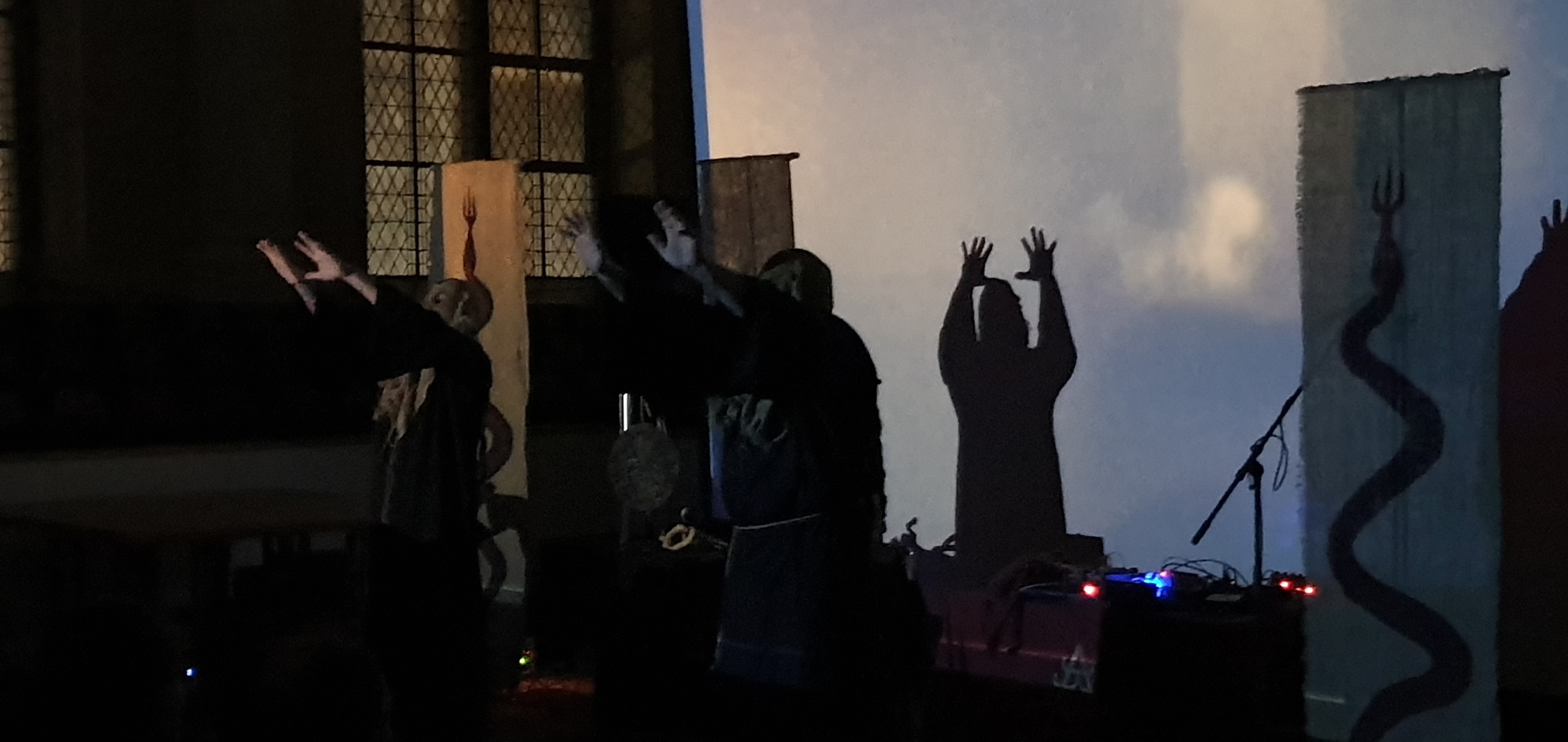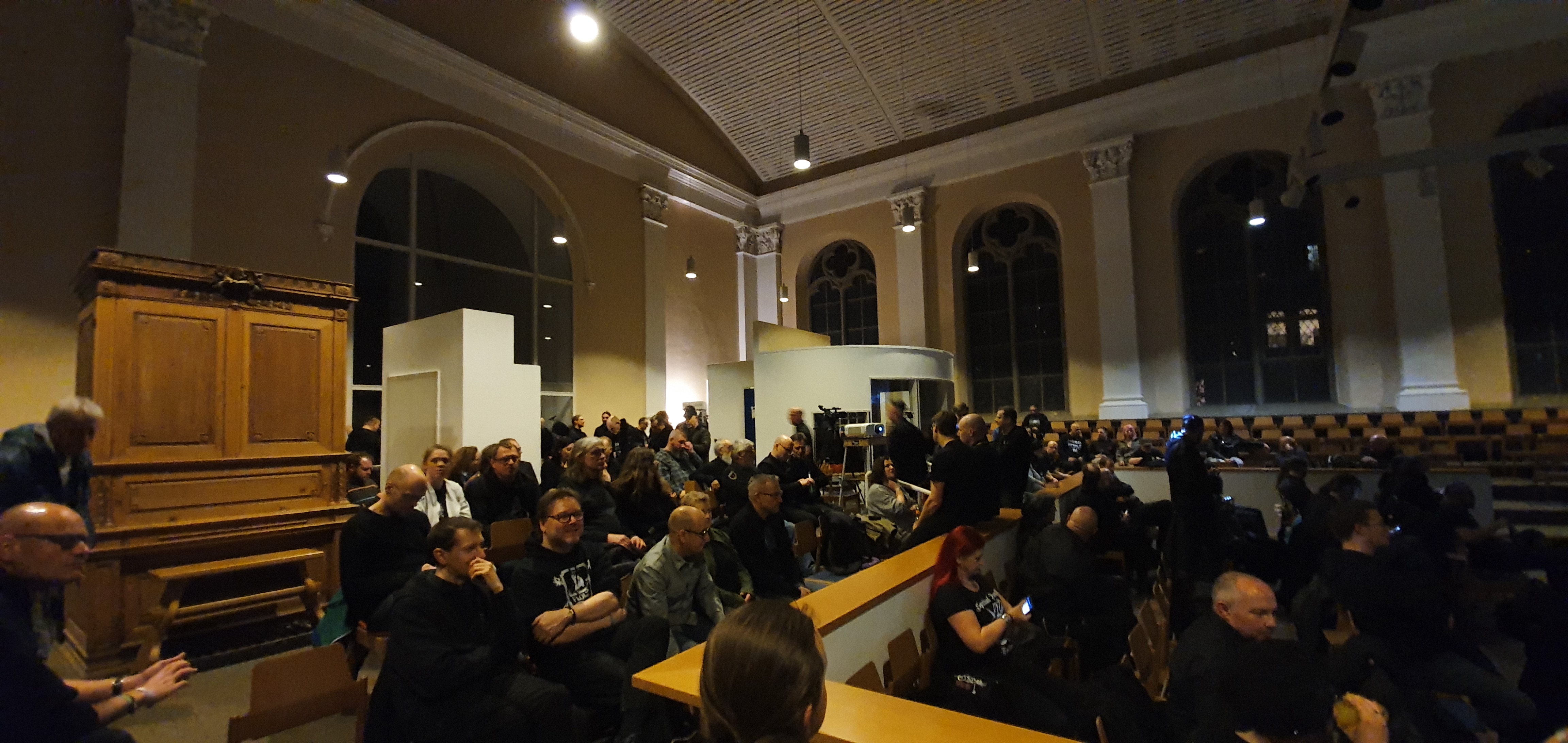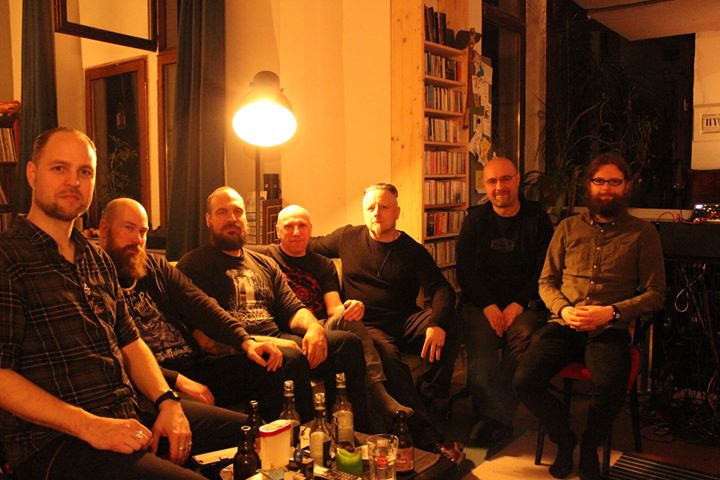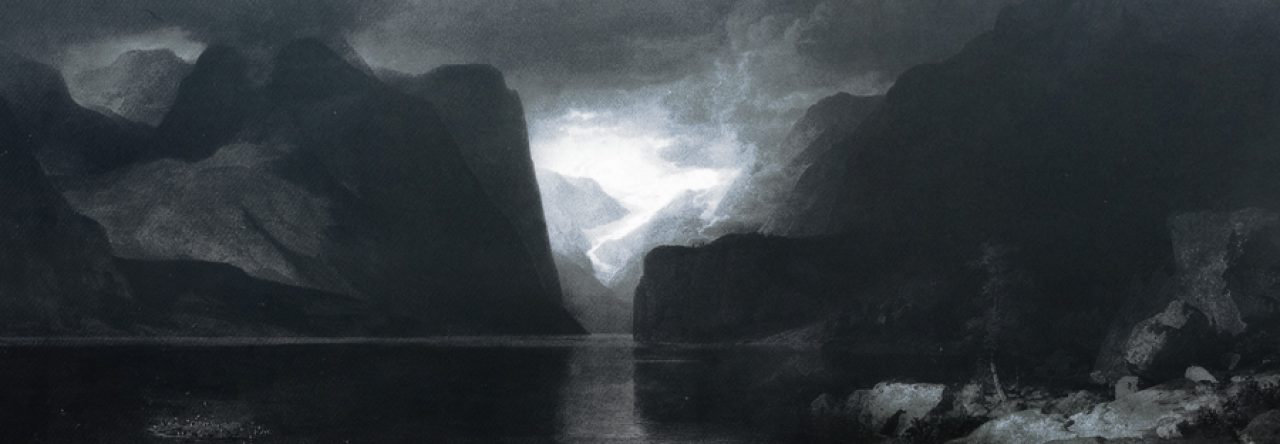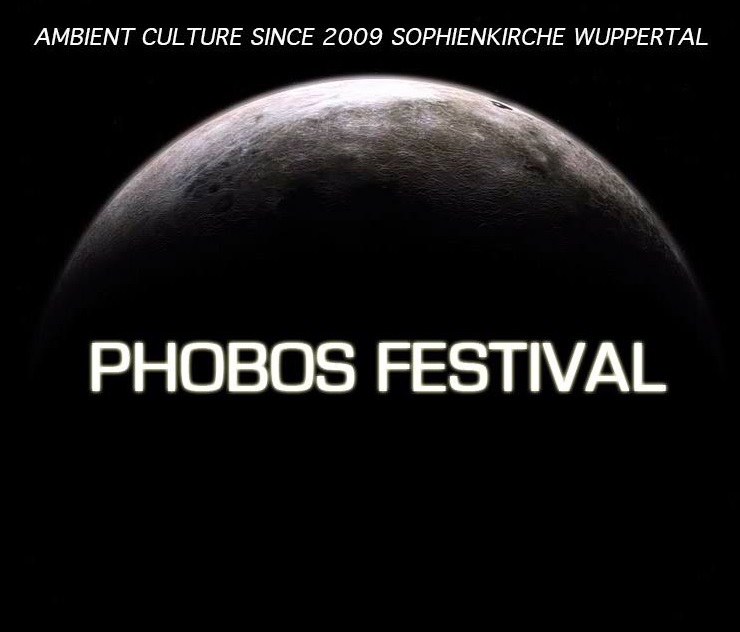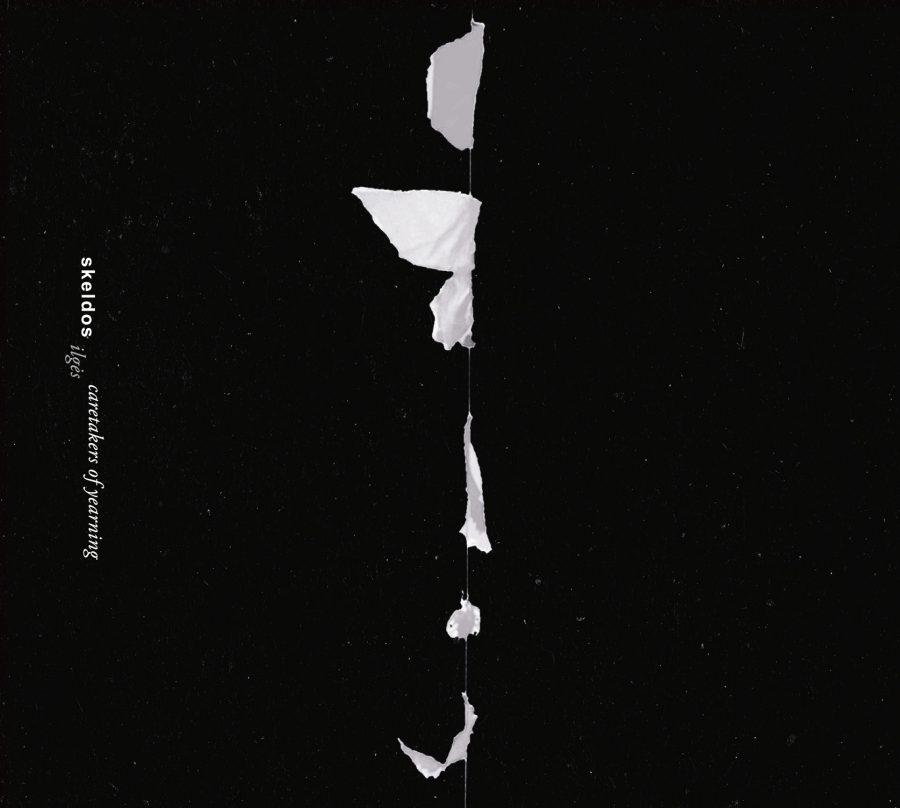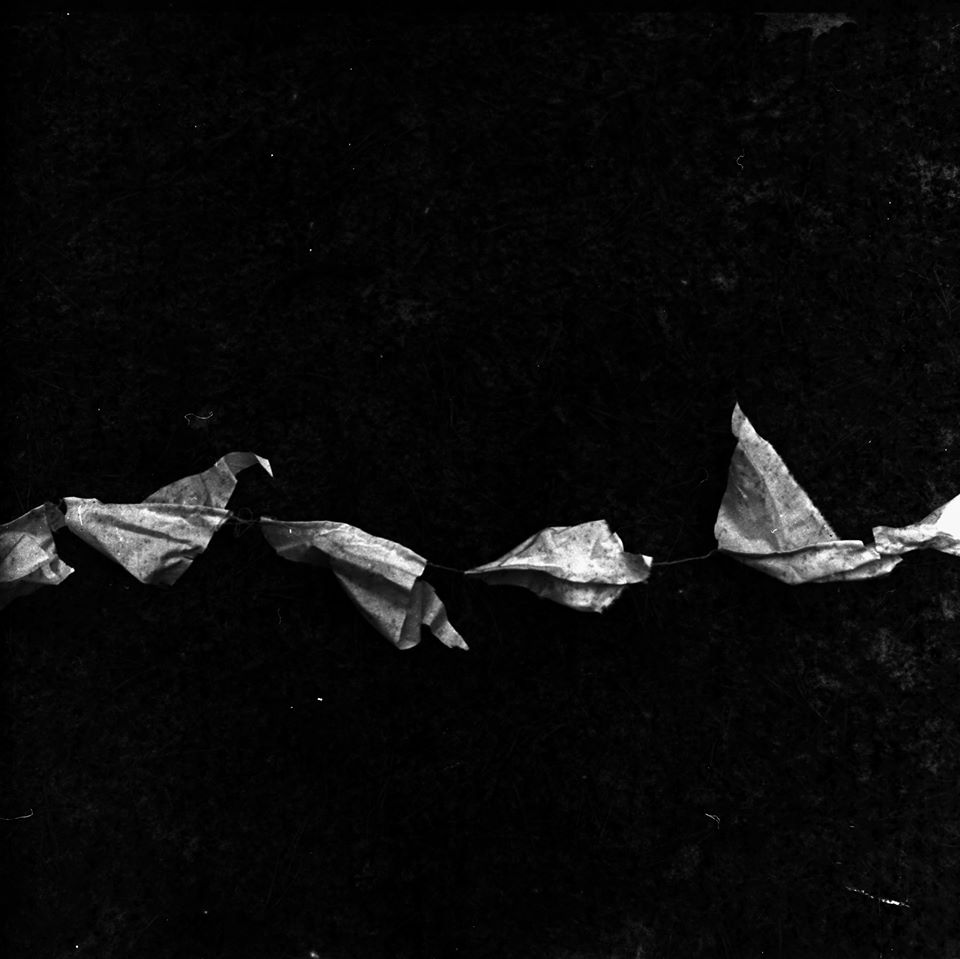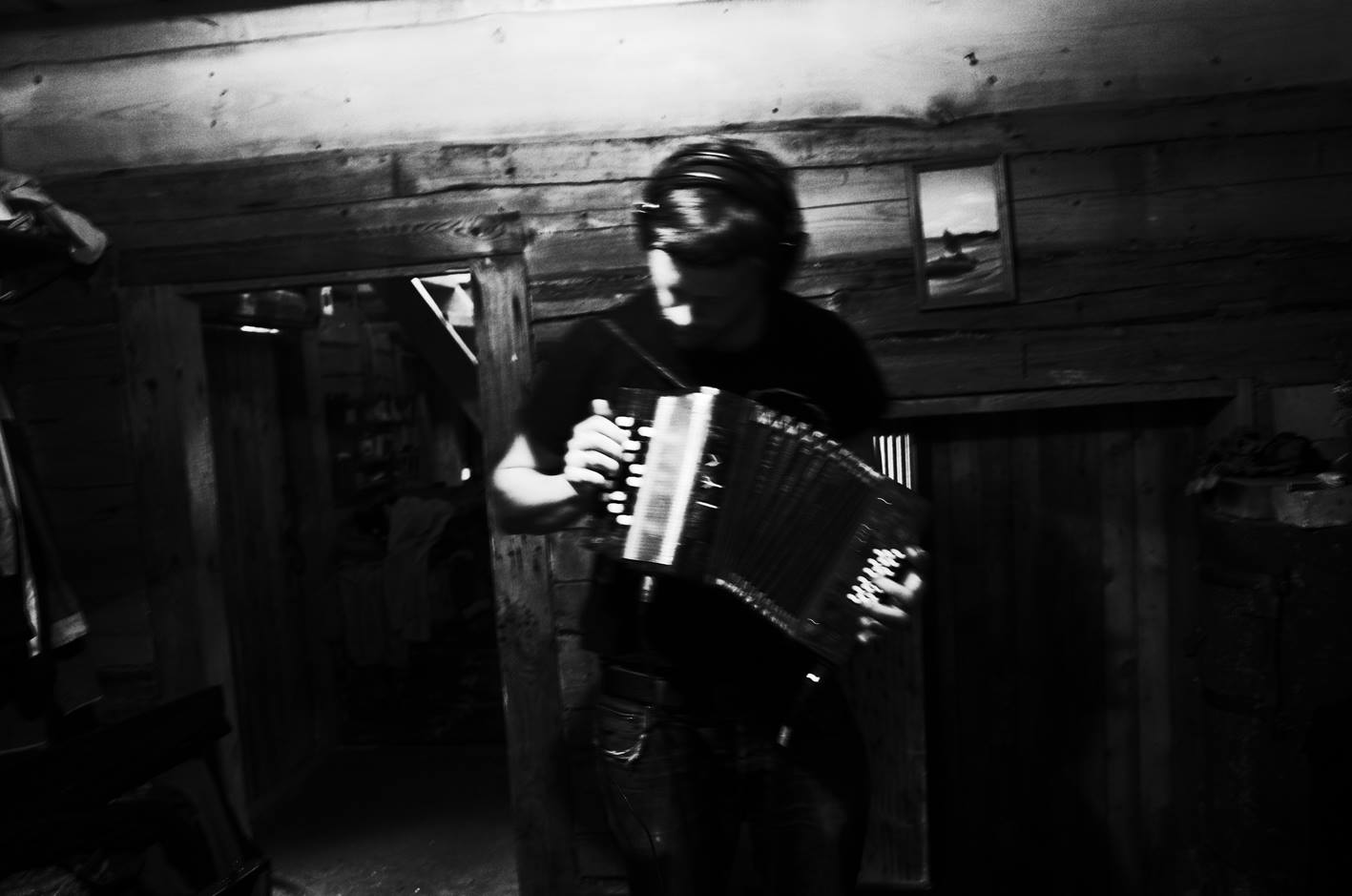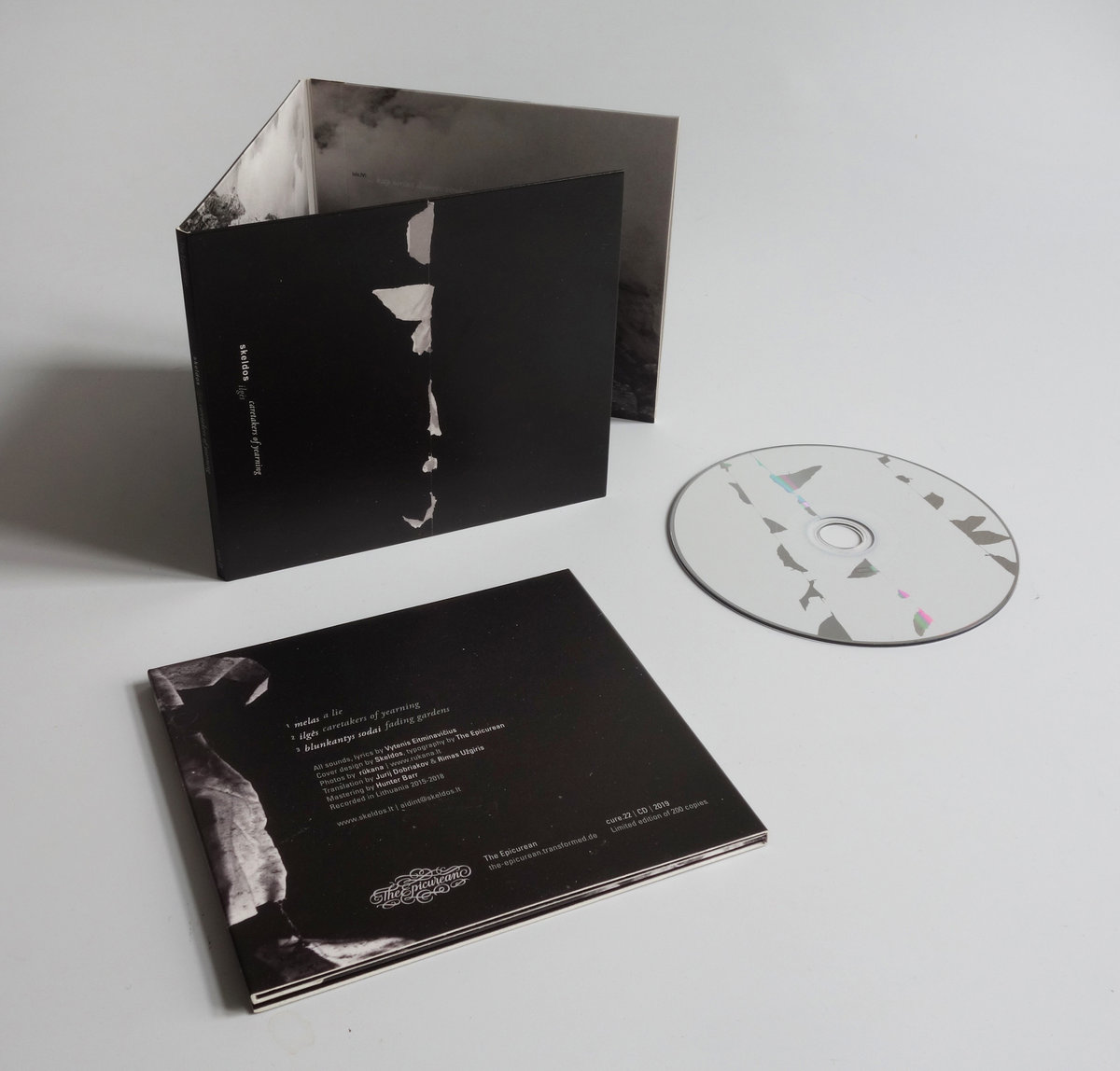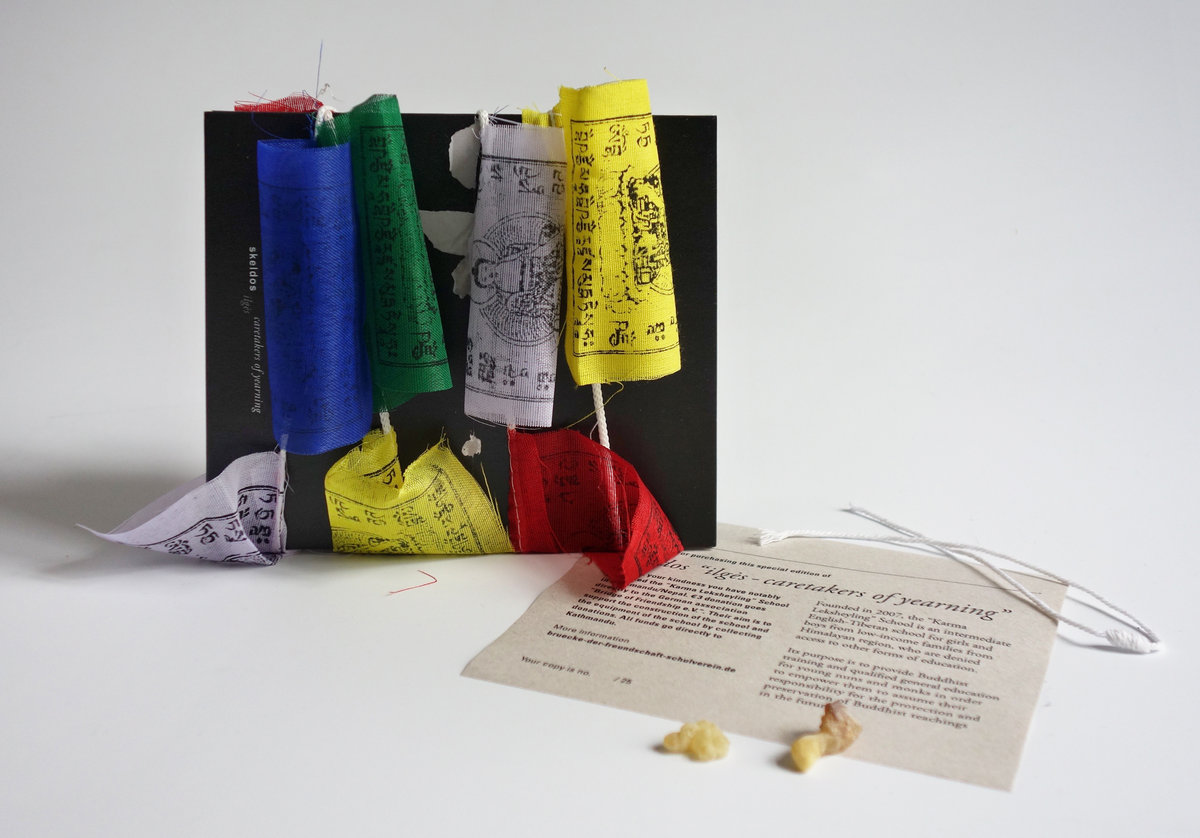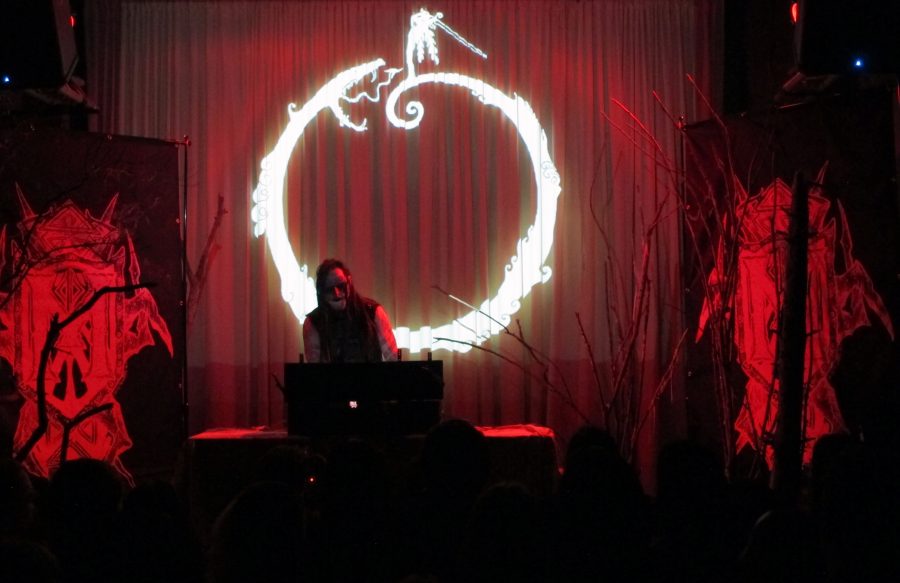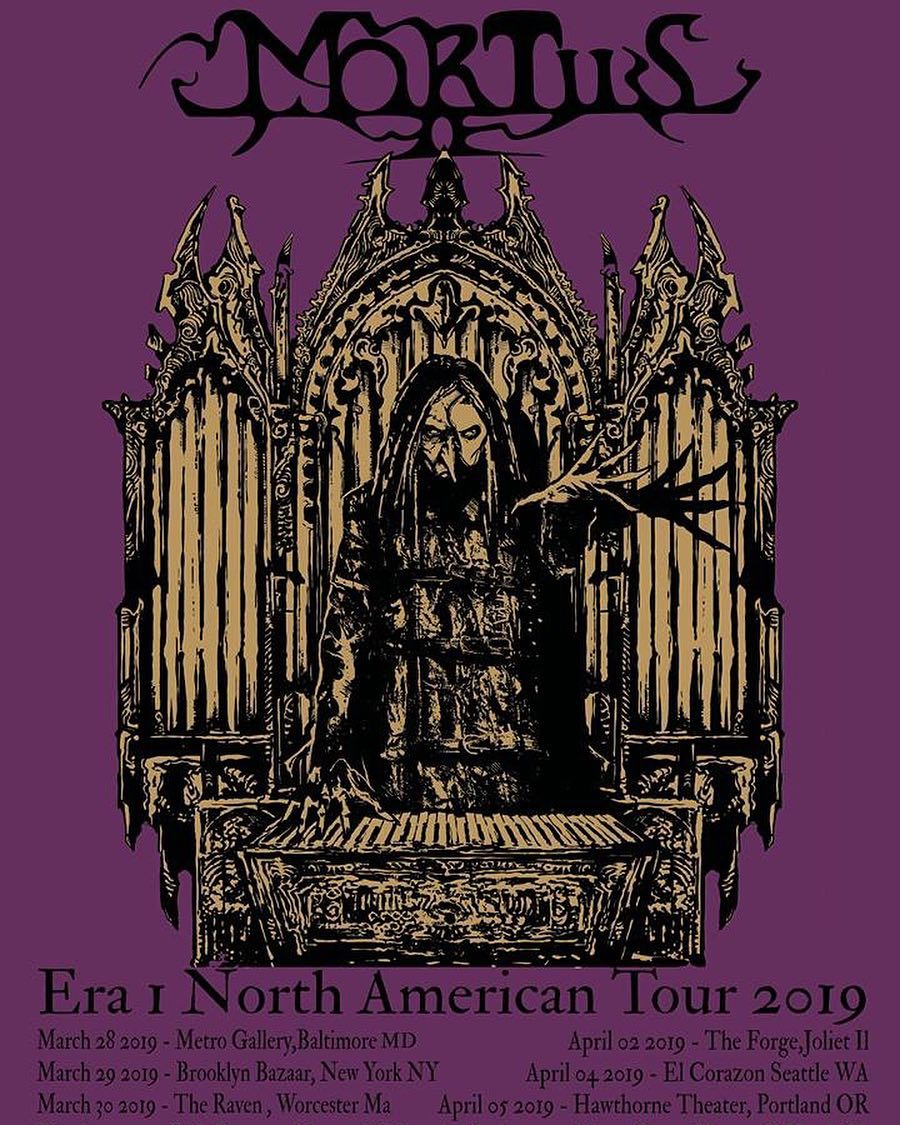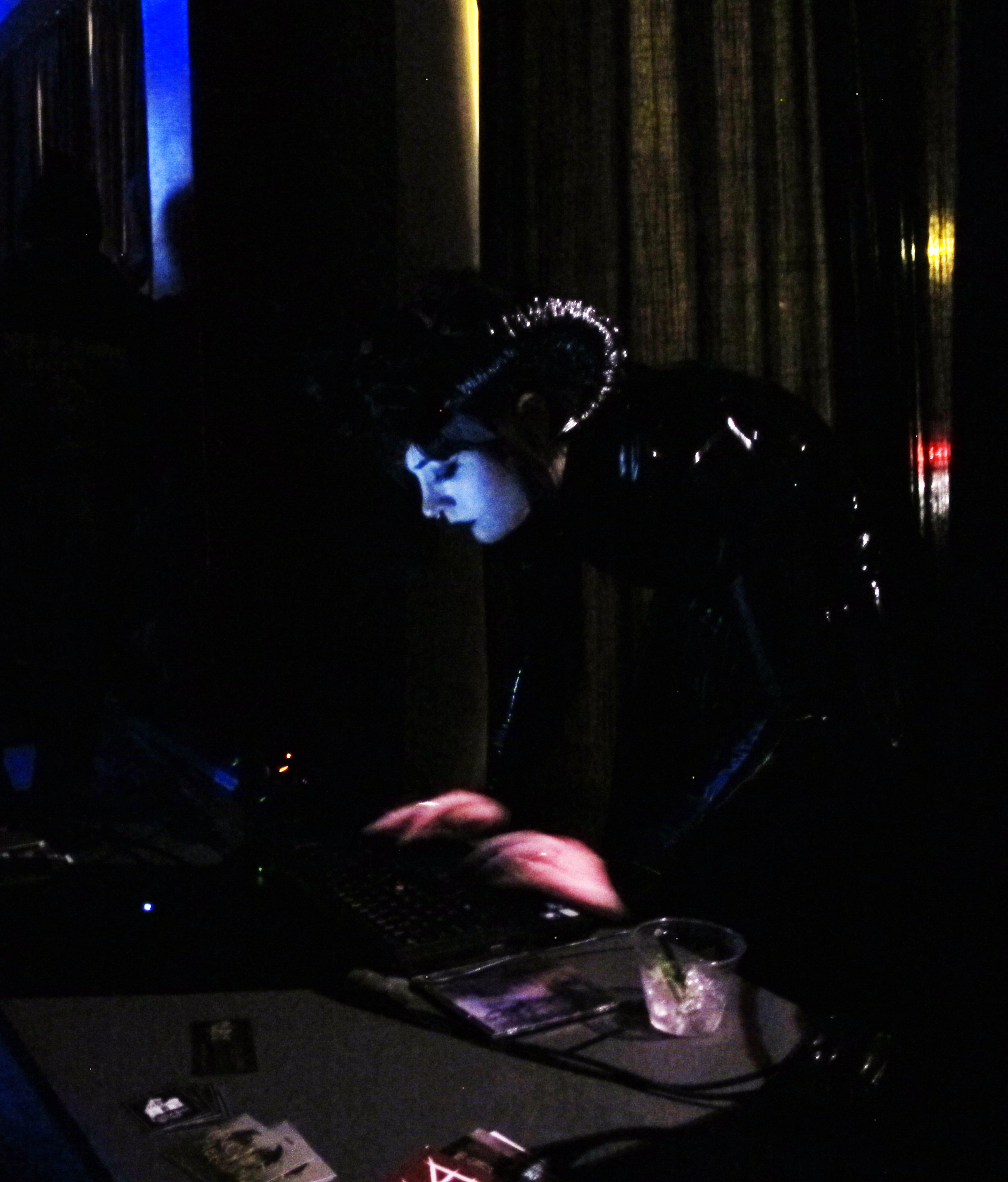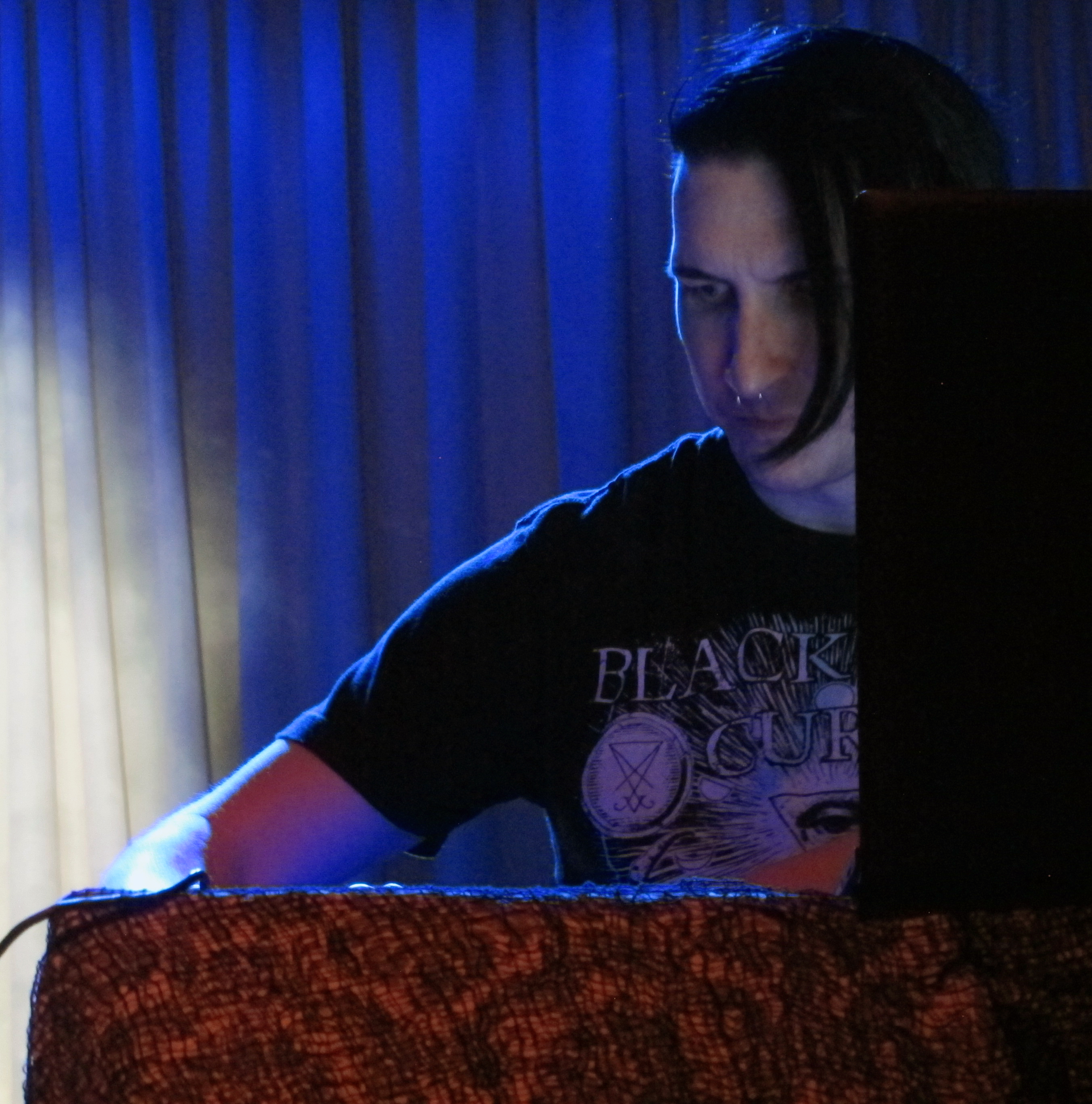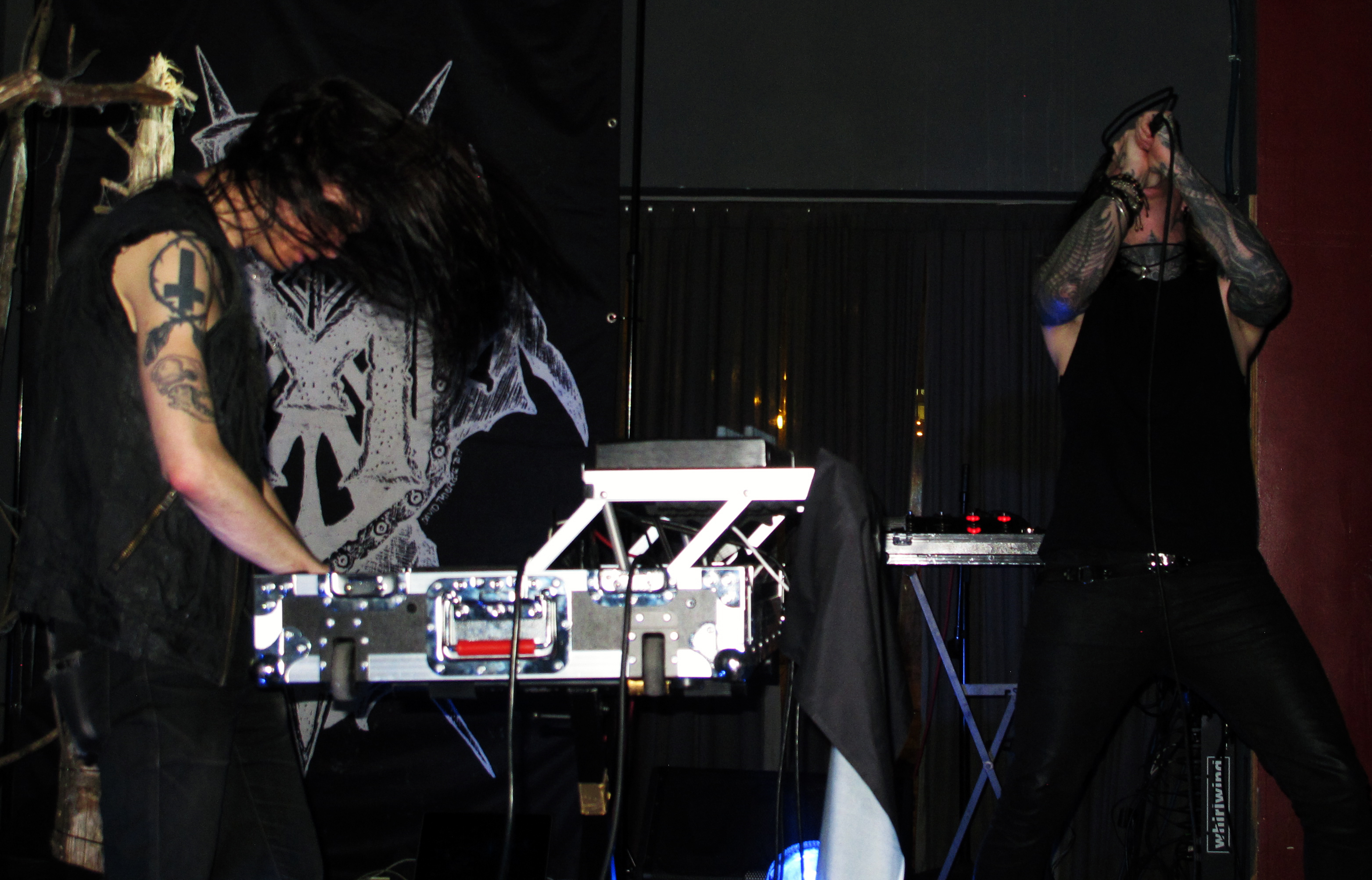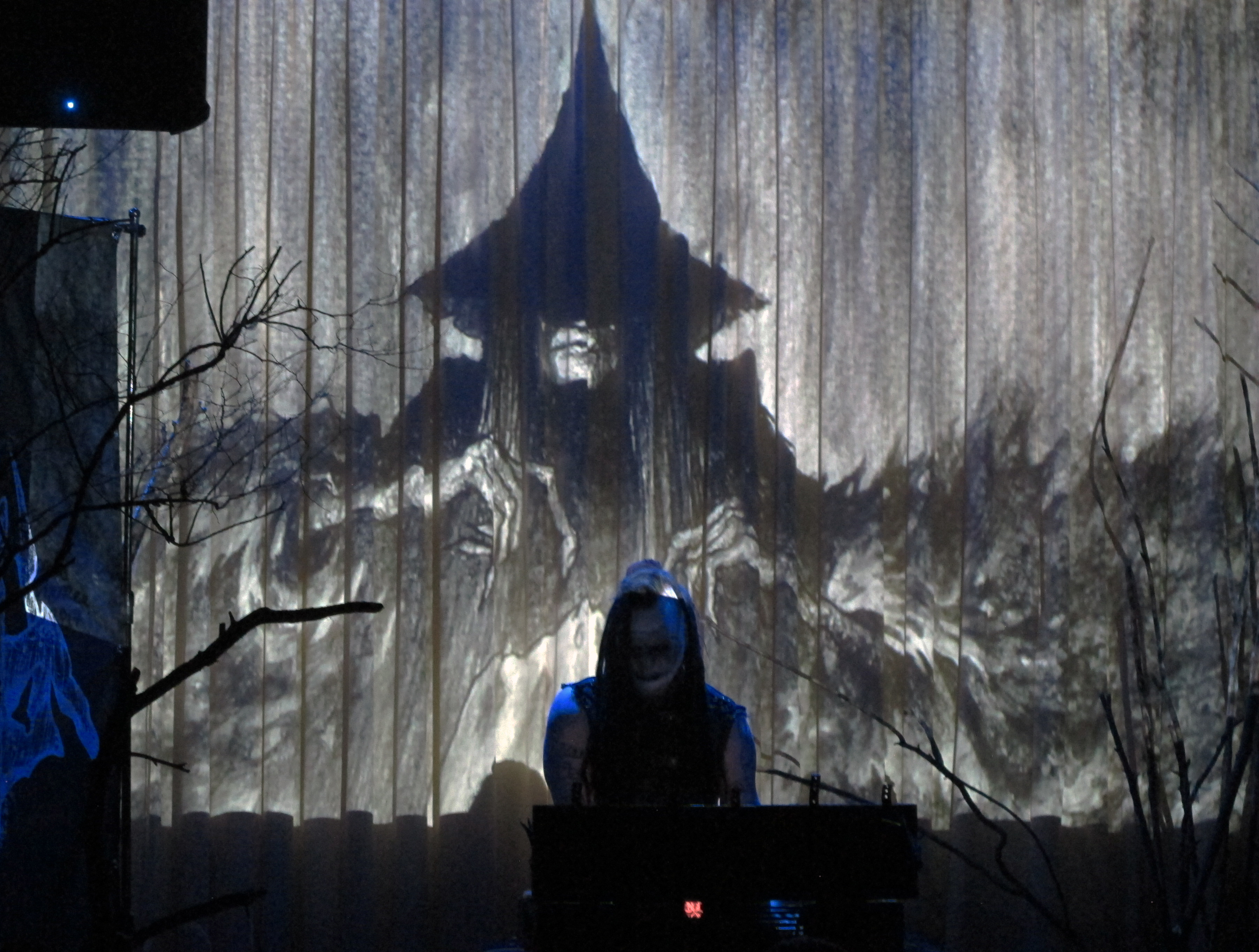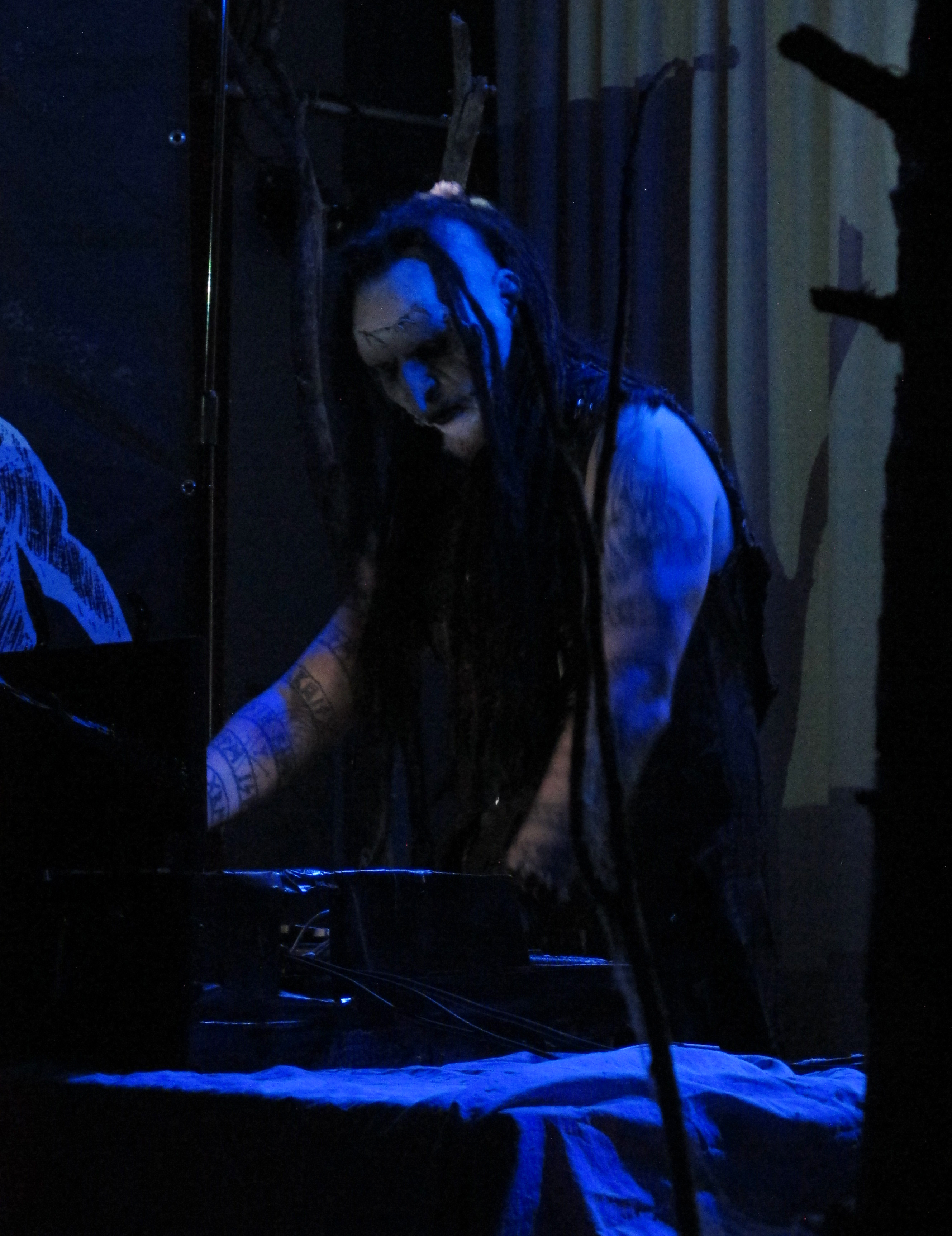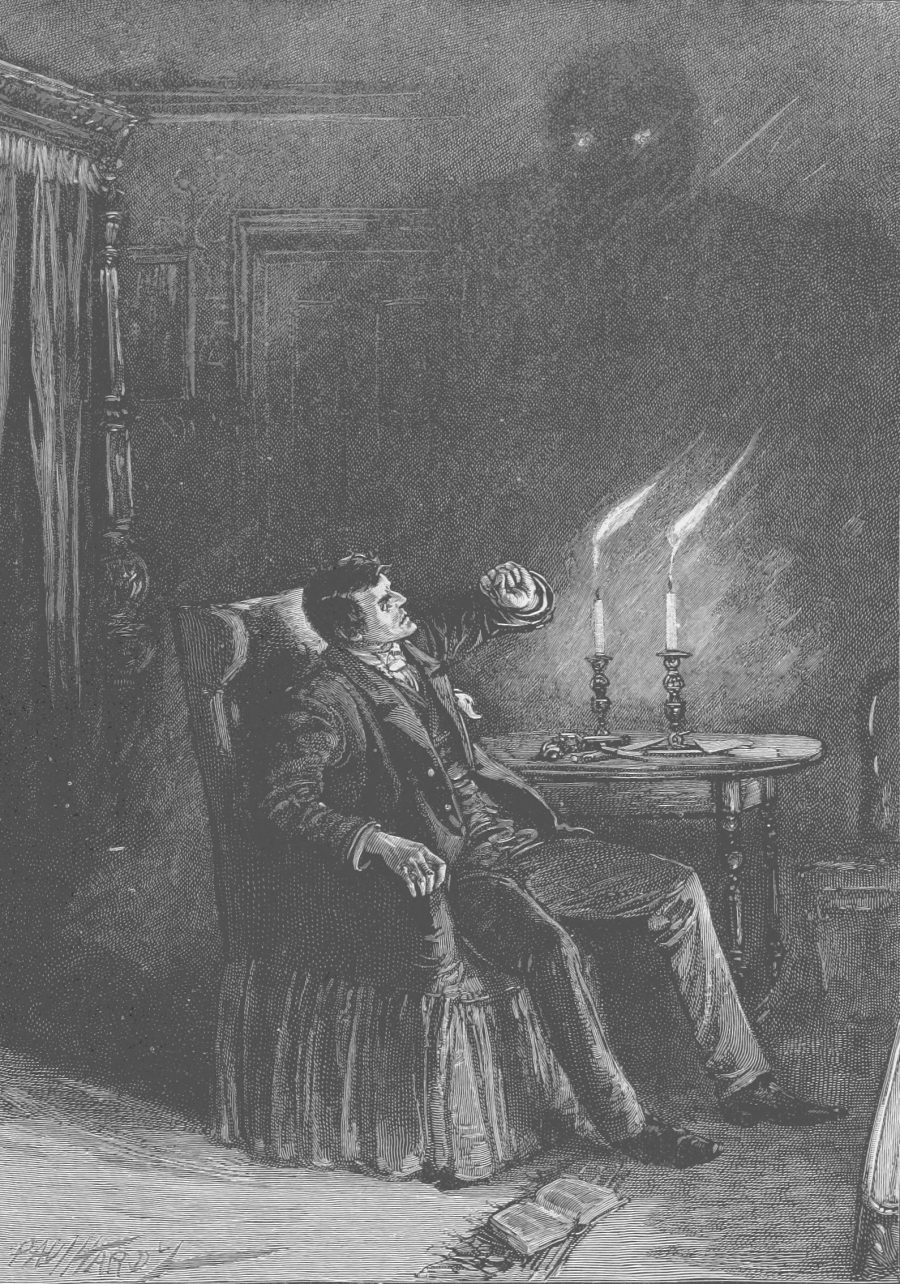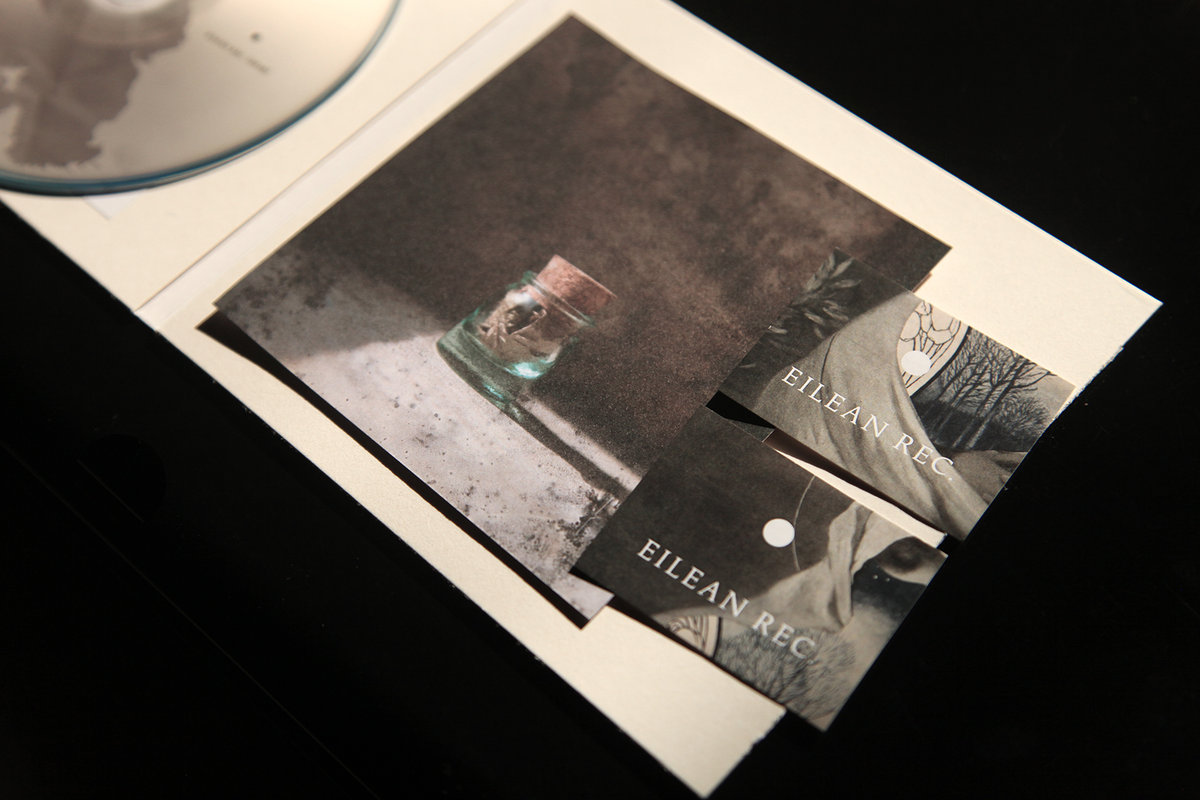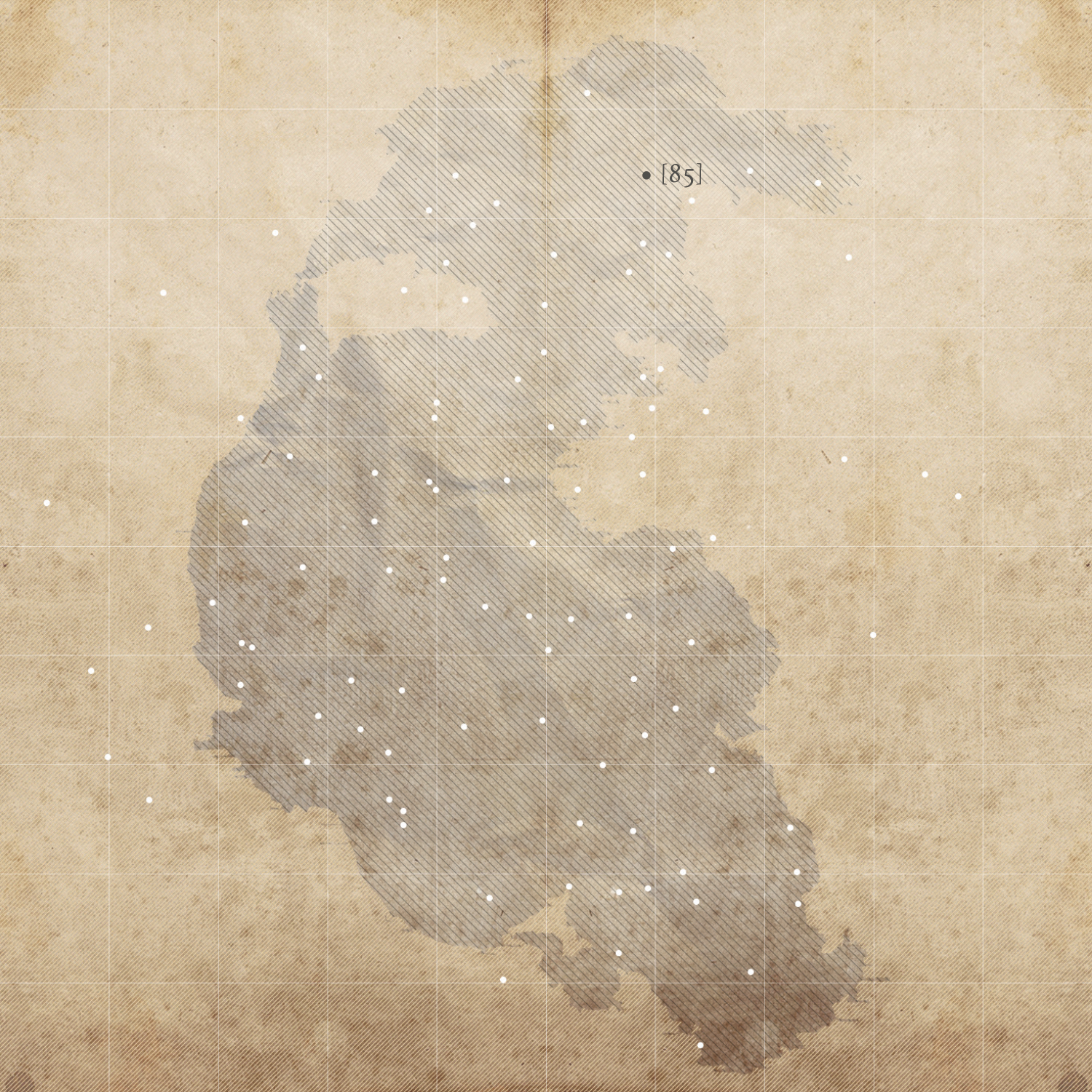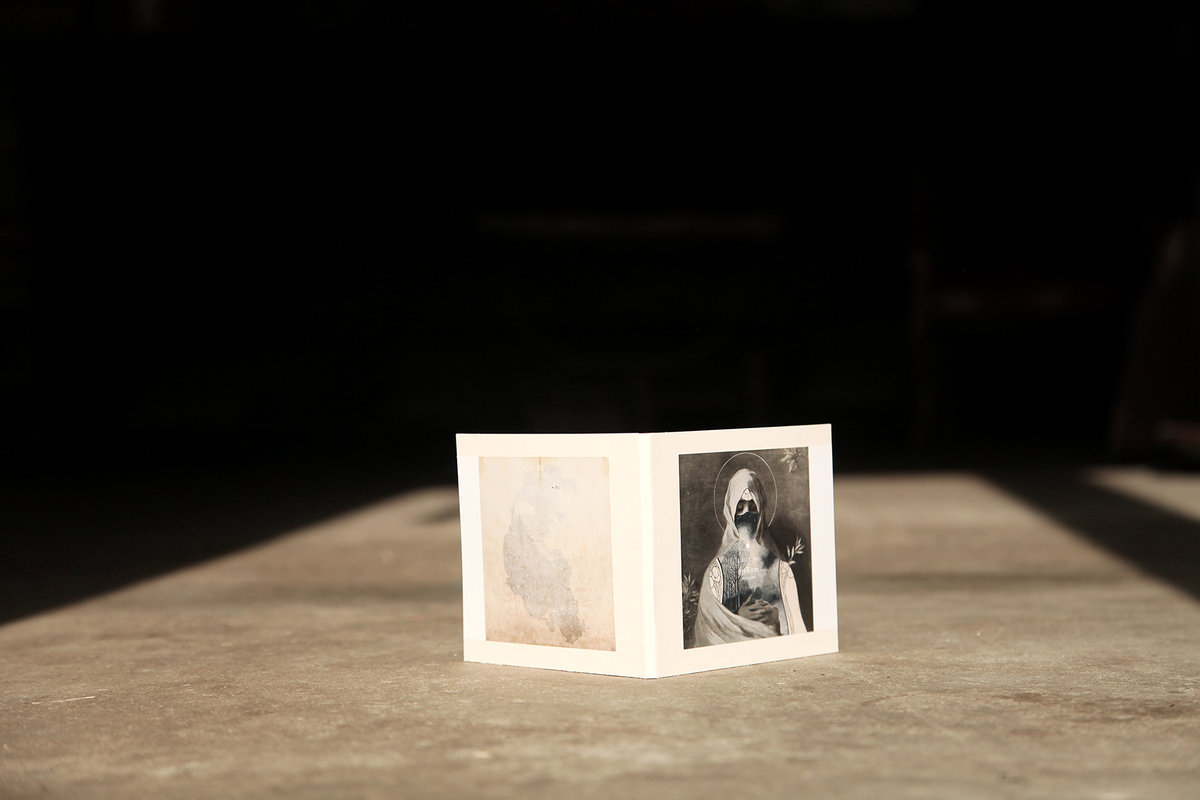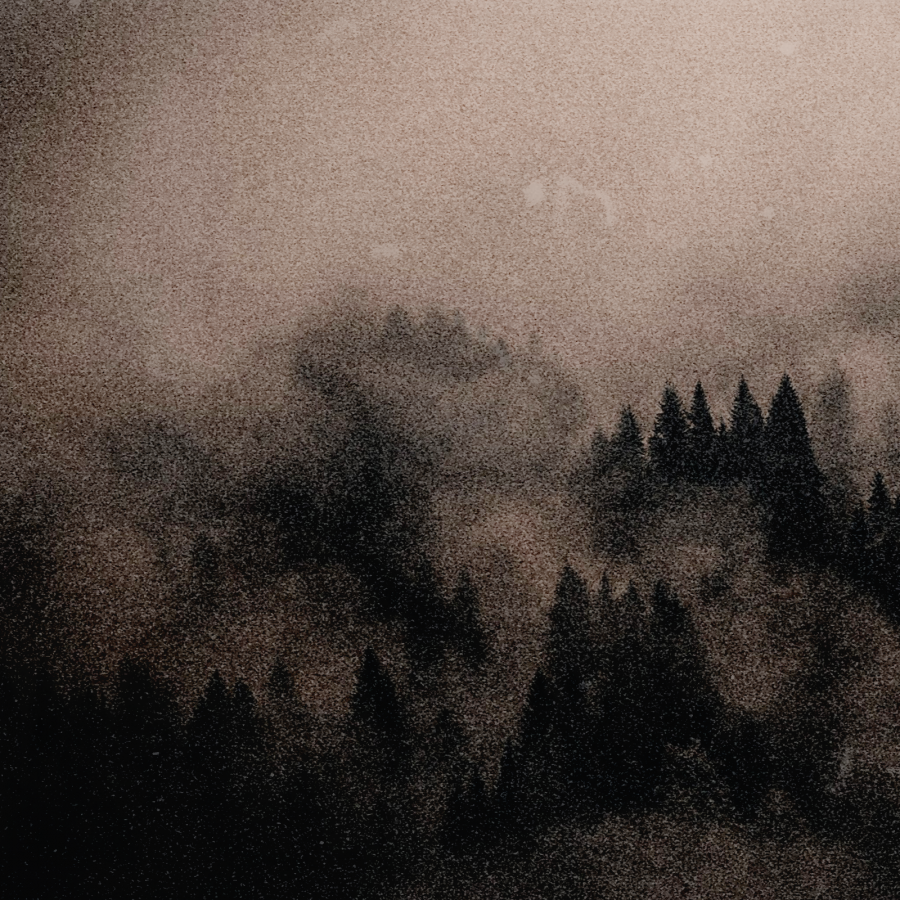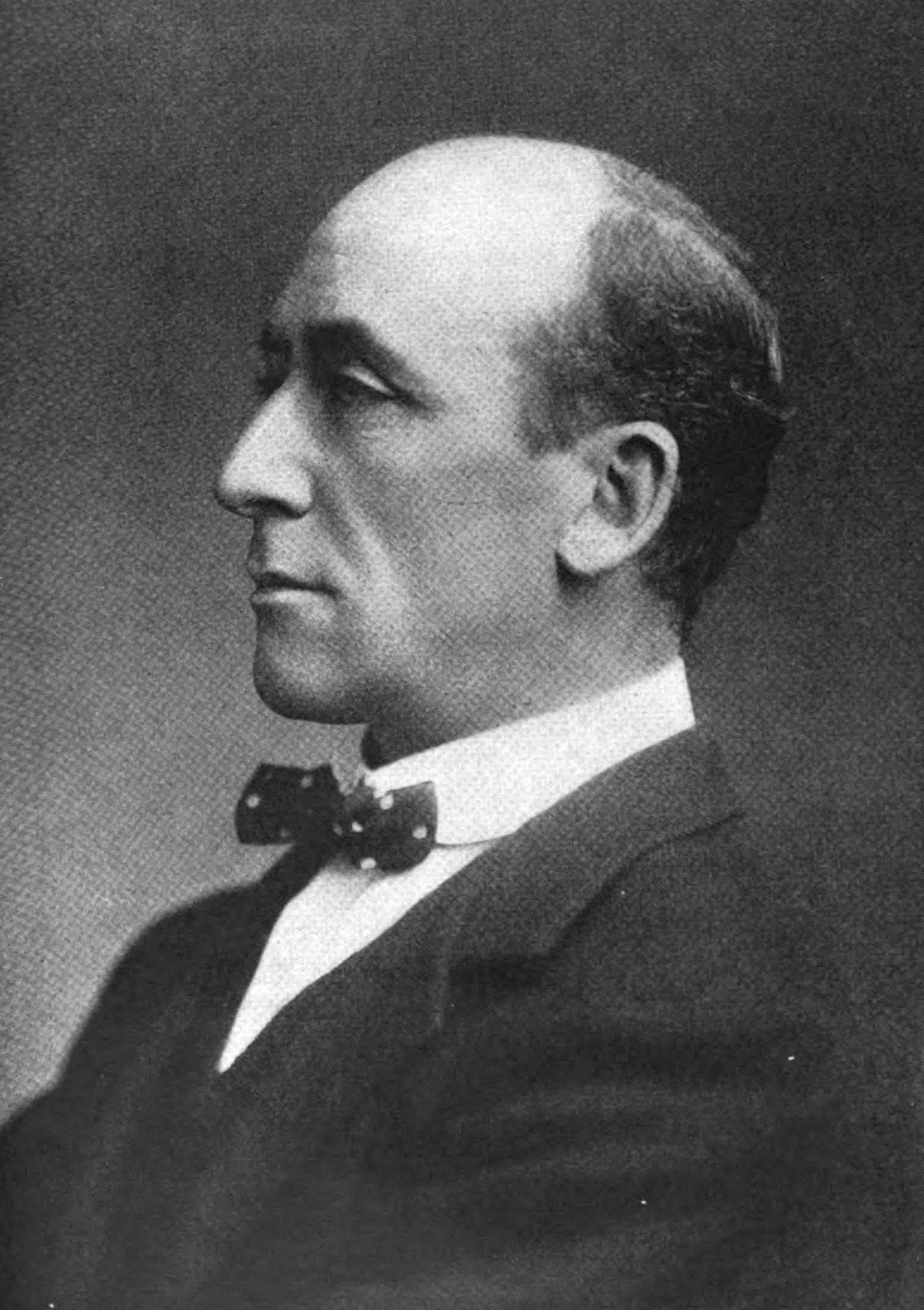
Algernon Blackwood (pre-1916)
“Smith: An Episode in a Lodging-House” is another brilliant short story by Algernon Blackwood (1869-1951). I enjoyed this story the most of Blackwood’s works because of its overt focus on mysticism and the occult. For those knowledgeable in the realms of magick, you will find a wealth of references in this story. Unlike so many horror writers, Blackwood had a thorough understanding of these elements and dynamics. This is because of his involvement with The Golden Dawn. Blackwood, being a practicing member, was able to portray rituals and mysterious otherworldly encounters in a way that would not only entertain the masses, but would also resonate with his fellow members of The Golden Dawn. I would love to go into greater detail about Blackwood’s body of work and legacy, but that would (and might) be a whole article in itself. If you enjoy this text, as well as the previous Blackwood text I published here (The Willows), and would like to find out more about Blackwood, let me know. If there is enough interest in the topic, I’ll start working on a proper article focusing on this brilliant author!
This short story should take an average reader about 45 minutes or less to finish. The mix I created to accompany it tries to follow the dynamics of the story in real-time. So, I highly recommend starting the mix at the moment that you begin reading the text, and plan to read the whole thing in one sitting. A thick cloud of frankincense would certainly enhance the experience.
Note: The third track in this accompanying mix, “Actio in Distans” by Monocube is an exclusive preview of a track from his upcoming album, Substratum!
Enjoy,
Michael

SMITH:
AN EPISODE IN A LODGING-HOUSE
Algernon Blackwood
(1906)
“When I was a medical student,” began the doctor, half turning towards his circle of listeners in the firelight, “I came across one or two very curious human beings; but there was one fellow I remember particularly, for he caused me the most vivid, and I think the most uncomfortable, emotions I have ever known.
“For many months I knew Smith only by name as the occupant of the floor above me. Obviously his name meant nothing to me. Moreover I was busy with lectures, reading, cliniques and the like, and had little leisure to devise plans for scraping acquaintance with any of the other lodgers in the house. Then chance brought us curiously together, and this fellow Smith left a deep impression upon me as the result of our first meeting. At the time the strength of this first impression seemed quite inexplicable to me, but looking back at the episode now from a stand-point of greater knowledge I judge the fact to have been that he stirred my curiosity to an unusual degree, and at the same time awakened my sense of horror–whatever that may be in a medical student–about as deeply and permanently as these two emotions were capable of being stirred at all in the particular system and set of nerves called ME.
“How he knew that I was interested in the study of languages was something I could never explain, but one day, quite unannounced, he came quietly into my room in the evening and asked me point-blank if I knew enough Hebrew to help him in the pronunciation of certain words.
“He caught me along the line of least resistance, and I was greatly flattered to be able to give him the desired information; but it was only when he had thanked me and was gone that I realised I had been in the presence of an unusual individuality. For the life of me I could not quite seize and label the peculiarities of what I felt to be a very striking personality, but it was borne in upon me that he was a man apart from his fellows, a mind that followed a line leading away from ordinary human intercourse and human interests, and into regions that left in his atmosphere something remote, rarefied, chilling.
“The moment he was gone I became conscious of two things–an intense curiosity to know more about this man and what his real interests were, and secondly, the fact that my skin was crawling and that my hair had a tendency to rise.”

The doctor paused a moment here to puff hard at his pipe, which, however, had gone out beyond recall without the assistance of a match; and in the deep silence, which testified to the genuine interest of his listeners, someone poked the fire up into a little blaze, and one or two others glanced over their shoulders into the dark distances of the big hall.
“On looking back,” he went on, watching the momentary flames in the grate, “I see a short, thick-set man of perhaps forty-five, with immense shoulders and small, slender hands. The contrast was noticeable, for I remember thinking that such a giant frame and such slim finger bones hardly belonged together. His head, too, was large and very long, the head of an idealist beyond all question, yet with an unusually strong development of the jaw and chin. Here again was a singular contradiction, though I am better able now to appreciate its full meaning, with a greater experience in judging the values of physiognomy. For this meant, of course, an enthusiastic idealism balanced and kept in check by will and judgment–elements usually deficient in dreamers and visionaries.
“At any rate, here was a being with probably a very wide range of possibilities, a machine with a pendulum that most likely had an unusual length of swing.
“The man’s hair was exceedingly fine, and the lines about his nose and mouth were cut as with a delicate steel instrument in wax. His eyes I have left to the last. They were large and quite changeable, not in colour only, but in character, size, and shape. Occasionally they seemed the eyes of someone else, if you can understand what I mean, and at the same time, in their shifting shades of blue, green, and a nameless sort of dark grey, there was a sinister light in them that lent to the whole face an aspect almost alarming. Moreover, they were the most luminous optics I think I have ever seen in any human being.
“There, then, at the risk of a wearisome description, is Smith as I saw him for the first time that winter’s evening in my shabby student’s rooms in Edinburgh. And yet the real part of him, of course, I have left untouched, for it is both indescribable and un-get-atable. I have spoken already of an atmosphere of warning and aloofness he carried about with him. It is impossible further to analyse the series of little shocks his presence always communicated to my being; but there was that about him which made me instantly on the qui vive in his presence, every nerve alert, every sense strained and on the watch. I do not mean that he deliberately suggested danger, but rather that he brought forces in his wake which automatically warned the nervous centres of my system to be on their guard and alert.
“Since the days of my first acquaintance with this man I have lived through other experiences and have seen much I cannot pretend to explain or understand; but, so far in my life, I have only once come across a human being who suggested a disagreeable familiarity with unholy things, and who made me feel uncanny and ‘creepy’ in his presence; and that unenviable individual was Mr. Smith.
“What his occupation was during the day I never knew. I think he slept until the sun set. No one ever saw him on the stairs, or heard him move in his room during the day. He was a creature of the shadows, who apparently preferred darkness to light. Our landlady either knew nothing, or would say nothing. At any rate she found no fault, and I have since wondered often by what magic this fellow was able to convert a common landlady of a common lodging-house into a discreet and uncommunicative person. This alone was a sign of genius of some sort.
“‘He’s been here with me for years–long before you come, an’ I don’t interfere or ask no questions of what doesn’t concern me, as long as people pays their rent,’ was the only remark on the subject that I ever succeeded in winning from that quarter, and it certainly told me nothing nor gave me any encouragement to ask for further information.
“Examinations, however, and the general excitement of a medical student’s life for a time put Mr. Smith completely out of my head. For a long period he did not call upon me again, and for my part, I felt no courage to return his unsolicited visit.
“Just then, however, there came a change in the fortunes of those who controlled my very limited income, and I was obliged to give up my ground-floor and move aloft to more modest chambers on the top of the house. Here I was directly over Smith, and had to pass his door to reach my own.
“It so happened that about this time I was frequently called out at all hours of the night for the maternity cases which a fourth-year student takes at a certain period of his studies, and on returning from one of these visits at about two o’clock in the morning I was surprised to hear the sound of voices as I passed his door. A peculiar sweet odour, too, not unlike the smell of incense, penetrated into the passage.
“I went upstairs very quietly, wondering what was going on there at this hour of the morning. To my knowledge Smith never had visitors. For a moment I hesitated outside the door with one foot on the stairs. All my interest in this strange man revived, and my curiosity rose to a point not far from action. At last I might learn something of the habits of this lover of the night and the darkness.
“The sound of voices was plainly audible, Smith’s predominating so much that I never could catch more than points of sound from the other, penetrating now and then the steady stream of his voice. Not a single word reached me, at least, not a word that I could understand, though the voice was loud and distinct, and it was only afterwards that I realised he must have been speaking in a foreign language.
“The sound of footsteps, too, was equally distinct. Two persons were moving about the room, passing and repassing the door, one of them a light, agile person, and the other ponderous and somewhat awkward. Smith’s voice went on incessantly with its odd, monotonous droning, now loud, now soft, as he crossed and re-crossed the floor. The other person was also on the move, but in a different and less regular fashion, for I heard rapid steps that seemed to end sometimes in stumbling, and quick sudden movements that brought up with a violent lurching against the wall or furniture.
“As I listened to Smith’s voice, moreover, I began to feel afraid. There was something in the sound that made me feel intuitively he was in a tight place, and an impulse stirred faintly in me–very faintly, I admit–to knock at the door and inquire if he needed help.
“But long before the impulse could translate itself into an act, or even before it had been properly weighed and considered by the mind, I heard a voice close beside me in the air, a sort of hushed whisper which I am certain was Smith speaking, though the sound did not seem to have come to me through the door. It was close in my very ear, as though he stood beside me, and it gave me such a start, that I clutched the banisters to save myself from stepping backwards and making a clatter on the stairs.
“‘There is nothing you can do to help me,'” it said distinctly, ‘and you will be much safer in your own room.’
“I am ashamed to this day of the pace at which I covered the flight of stairs in the darkness to the top floor, and of the shaking hand with which I lit my candles and bolted the door. But, there it is, just as it happened.
“This midnight episode, so odd and yet so trivial in itself, fired me with more curiosity than ever about my fellow-lodger. It also made me connect him in my mind with a sense of fear and distrust. I never saw him, yet I was often, and uncomfortably, aware of his presence in the upper regions of that gloomy lodging-house. Smith and his secret mode of life and mysterious pursuits, somehow contrived to awaken in my being a line of reflection that disturbed my comfortable condition of ignorance. I never saw him, as I have said, and exchanged no sort of communication with him, yet it seemed to me that his mind was in contact with mine, and some of the strange forces of his atmosphere filtered through into my being and disturbed my equilibrium. Those upper floors became haunted for me after dark, and, though outwardly our lives never came into contact, I became unwillingly involved in certain pursuits on which his mind was centred. I felt that he was somehow making use of me against my will, and by methods which passed my comprehension.
“I was at that time, moreover, in the heavy, unquestioning state of materialism which is common to medical students when they begin to understand something of the human anatomy and nervous system, and jump at once to the conclusion that they control the universe and hold in their forceps the last word of life and death. I ‘knew it all,’ and regarded a belief in anything beyond matter as the wanderings of weak, or at best, untrained minds. And this condition of mind, of course, added to the strength of this upsetting fear which emanated from the floor below and began slowly to take possession of me.
“Though I kept no notes of the subsequent events in this matter, they made too deep an impression for me ever to forget the sequence in which they occurred. Without difficulty I can recall the next step in the adventure with Smith, for adventure it rapidly grew to be.”

The doctor stopped a moment and laid his pipe on the table behind him before continuing. The fire had burned low, and no one stirred to poke it. The silence in the great hall was so deep that when the speaker’s pipe touched the table the sound woke audible echoes at the far end among the shadows.
“One evening, while I was reading, the door of my room opened and Smith came in. He made no attempt at ceremony. It was after ten o’clock and I was tired, but the presence of the man immediately galvanised me into activity. My attempts at ordinary politeness he thrust on one side at once, and began asking me to vocalise, and then pronounce for him, certain Hebrew words; and when this was done he abruptly inquired if I was not the fortunate possessor of a very rare Rabbinical Treatise, which he named.
“How he knew that I possessed this book puzzled me exceedingly; but I was still more surprised to see him cross the room and take it out of my book-shelf almost before I had had time to answer in the affirmative. Evidently he knew exactly where it was kept. This excited my curiosity beyond all bounds, and I immediately began asking him questions; and though, out of sheer respect for the man, I put them very delicately to him, and almost by way of mere conversation, he had only one reply for the lot. He would look up at me from the pages of the book with an expression of complete comprehension on his extraordinary features, would bow his head a little and say very gravely–
“‘That, of course, is a perfectly proper question,’–which was absolutely all I could ever get out of him.
“On this particular occasion he stayed with me perhaps ten or fifteen minutes. Then he went quickly downstairs to his room with my Hebrew Treatise in his hand, and I heard him close and bolt his door.
“But a few moments later, before I had time to settle down to my book again, or to recover from the surprise his visit had caused me, I heard the door open, and there stood Smith once again beside my chair. He made no excuse for his second interruption, but bent his head down to the level of my reading lamp and peered across the flame straight into my eyes.
“‘I hope,’ he whispered, ‘I hope you are never disturbed at night?’
“‘Eh?’ I stammered, ‘disturbed at night? Oh no, thanks, at least, not that I know of–‘
“‘I’m glad,’ he replied gravely, appearing not to notice my confusion and surprise at his question. ‘But, remember, should it ever be the case, please let me know at once.’
“And he was gone down the stairs and into his room again.
“For some minutes I sat reflecting upon his strange behaviour. He was not mad, I argued, but was the victim of some harmless delusion that had gradually grown upon him as a result of his solitary mode of life; and from the books he used, I judged that it had something to do with mediaeval magic, or some system of ancient Hebrew mysticism. The words he asked me to pronounce for him were probably ‘Words of Power,’ which, when uttered with the vehemence of a strong will behind them, were supposed to produce physical results, or set up vibrations in one’s own inner being that had the effect of a partial lifting of the veil.
“I sat thinking about the man, and his way of living, and the probable effects in the long-run of his dangerous experiments, and I can recall perfectly well the sensation of disappointment that crept over me when I realised that I had labelled his particular form of aberration, and that my curiosity would therefore no longer be excited.
“For some time I had been sitting alone with these reflections–it may have been ten minutes or it may have been half an hour–when I was aroused from my reverie by the knowledge that someone was again in the room standing close beside my chair. My first thought was that Smith had come back again in his swift, unaccountable manner, but almost at the same moment I realised that this could not be the case at all. For the door faced my position, and it certainly had not been opened again.
“Yet, someone was in the room, moving cautiously to and fro, watching me, almost touching me. I was as sure of it as I was of myself, and though at the moment I do not think I was actually afraid, I am bound to admit that a certain weakness came over me and that I felt that strange disinclination for action which is probably the beginning of the horrible paralysis of real terror. I should have been glad to hide myself, if that had been possible, to cower into a corner, or behind a door, or anywhere so that I could not be watched and observed.
“But, overcoming my nervousness with an effort of the will, I got up quickly out of my chair and held the reading lamp aloft so that it shone into all the corners like a searchlight.
“The room was utterly empty! It was utterly empty, at least, to the eye, but to the nerves, and especially to that combination of sense perception which is made up by all the senses acting together, and by no one in particular, there was a person standing there at my very elbow.
“I say ‘person,’ for I can think of no appropriate word. For, if it was a human being, I can only affirm that I had the overwhelming conviction that it was not, but that it was some form of life wholly unknown to me both as to its essence and its nature. A sensation of gigantic force and power came with it, and I remember vividly to this day my terror on realising that I was close to an invisible being who could crush me as easily as I could crush a fly, and who could see my every movement while itself remaining invisible.
“To this terror was added the certain knowledge that the ‘being’ kept in my proximity for a definite purpose. And that this purpose had some direct bearing upon my well-being, indeed upon my life, I was equally convinced; for I became aware of a sensation of growing lassitude as though the vitality were being steadily drained out of my body. My heart began to beat irregularly at first, then faintly. I was conscious, even within a few minutes, of a general drooping of the powers of life in the whole system, an ebbing away of self-control, and a distinct approach of drowsiness and torpor.
“The power to move, or to think out any mode of resistance, was fast leaving me, when there rose, in the distance as it were, a tremendous commotion. A door opened with a clatter, and I heard the peremptory and commanding tones of a human voice calling aloud in a language I could not comprehend. It was Smith, my fellow-lodger, calling up the stairs; and his voice had not sounded for more than a few seconds, when I felt something withdrawn from my presence, from my person, indeed from my very skin. It seemed as if there was a rushing of air and some large creature swept by me at about the level of my shoulders. Instantly the pressure on my heart was relieved, and the atmosphere seemed to resume its normal condition.
“Smith’s door closed quietly downstairs, as I put the lamp down with trembling hands. What had happened I do not know; only, I was alone again and my strength was returning as rapidly as it had left me.
“I went across the room and examined myself in the glass. The skin was very pale, and the eyes dull. My temperature, I found, was a little below normal and my pulse faint and irregular. But these smaller signs of disturbance were as nothing compared with the feeling I had–though no outward signs bore testimony to the fact–that I had narrowly escaped a real and ghastly catastrophe. I felt shaken, somehow, shaken to the very roots of my being.”
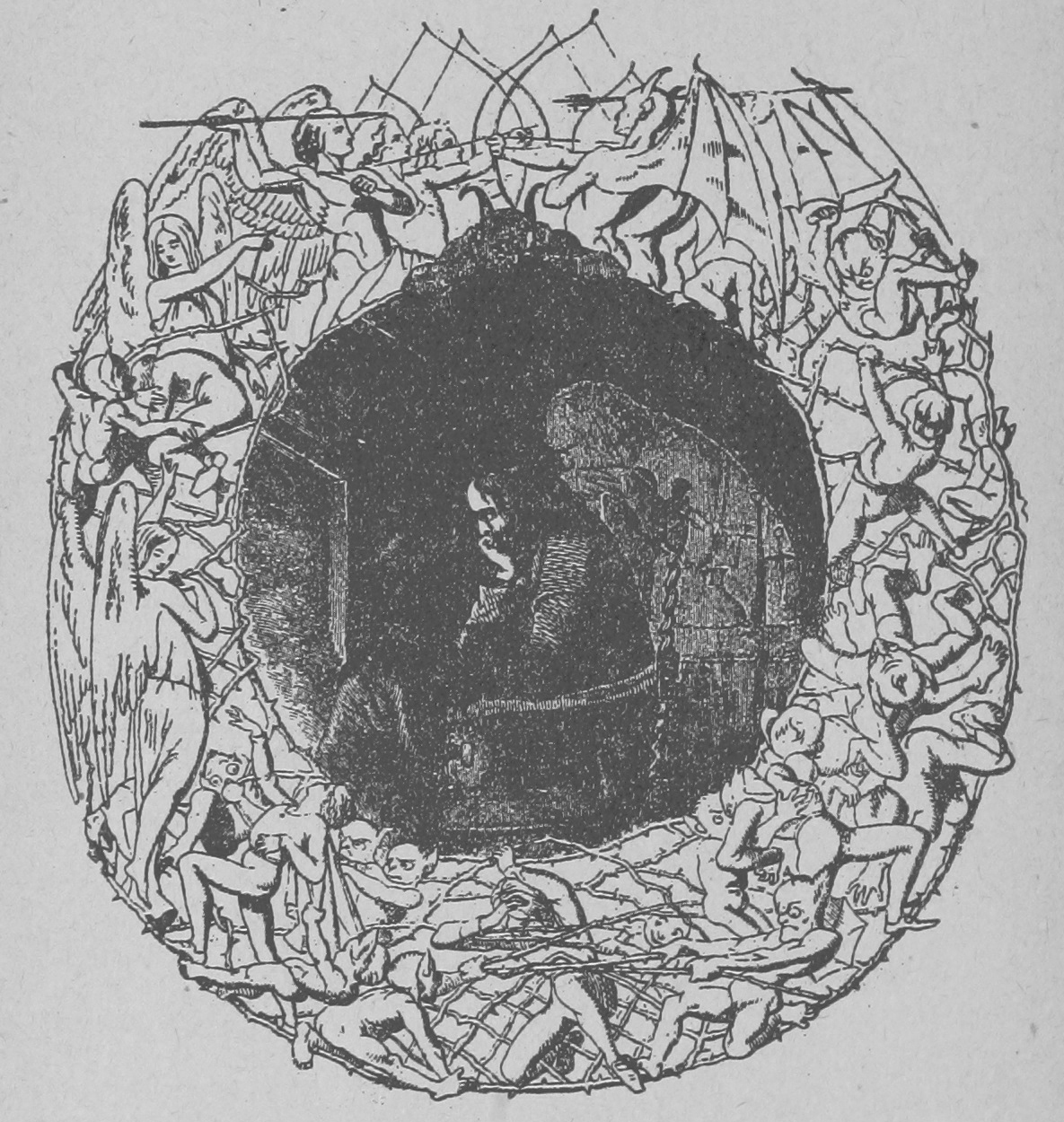
The doctor rose from his chair and crossed over to the dying fire, so that no one could see the expression on his face as he stood with his back to the grate, and continued his weird tale.
“It would be wearisome,” he went on in a lower voice, looking over our heads as though he still saw the dingy top floor of that haunted Edinburgh lodging-house; “it would be tedious for me at this length of time to analyse my feelings, or attempt to reproduce for you the thorough examination to which I endeavoured then to subject my whole being, intellectual, emotional, and physical. I need only mention the dominant emotion with which this curious episode left me–the indignant anger against myself that I could ever have lost my self-control enough to come under the sway of so gross and absurd a delusion. This protest, however, I remember making with all the emphasis possible. And I also remember noting that it brought me very little satisfaction, for it was the protest of my reason only, when all the rest of my being was up in arms against its conclusions.
“My dealings with the ‘delusion,’ however, were not yet over for the night; for very early next morning, somewhere about three o’clock, I was awakened by a curiously stealthy noise in the room, and the next minute there followed a crash as if all my books had been swept bodily from their shelf on to the floor.
“But this time I was not frightened. Cursing the disturbance with all the resounding and harmless words I could accumulate, I jumped out of bed and lit the candle in a second, and in the first dazzle of the flaring match–but before the wick had time to catch–I was certain I saw a dark grey shadow, of ungainly shape, and with something more or less like a human head, drive rapidly past the side of the wall farthest from me and disappear into the gloom by the angle of the door.
“I waited one single second to be sure the candle was alight, and then dashed after it, but before I had gone two steps, my foot stumbled against something hard piled up on the carpet and I only just saved myself from falling headlong. I picked myself up and found that all the books from what I called my ‘language shelf’ were strewn across the floor. The room, meanwhile, as a minute’s search revealed, was quite empty. I looked in every corner and behind every stick of furniture, and a student’s bedroom on a top floor, costing twelve shillings a week, did not hold many available hiding-places, as you may imagine.
“The crash, however, was explained. Some very practical and physical force had thrown the books from their resting-place. That, at least, was beyond all doubt. And as I replaced them on the shelf and noted that not one was missing, I busied myself mentally with the sore problem of how the agent of this little practical joke had gained access to my room, and then escaped again. For my door was locked and bolted.
“Smith’s odd question as to whether I was disturbed in the night, and his warning injunction to let him know at once if such were the case, now of course returned to affect me as I stood there in the early morning, cold and shivering on the carpet; but I realised at the same moment how impossible it would be for me to admit that a more than usually vivid nightmare could have any connection with himself. I would rather stand a hundred of these mysterious visitations than consult such a man as to their possible cause.
“A knock at the door interrupted my reflections, and I gave a start that sent the candle grease flying.
“‘Let me in,’ came in Smith’s voice.
“I unlocked the door. He came in fully dressed. His face wore a curious pallor. It seemed to me to be under the skin and to shine through and almost make it luminous. His eyes were exceedingly bright.
“I was wondering what in the world to say to him, or how he would explain his visit at such an hour, when he closed the door behind him and came close up to me–uncomfortably close.
“‘You should have called me at once,’ he said in his whispering voice, fixing his great eyes on my face.
“I stammered something about an awful dream, but he ignored my remark utterly, and I caught his eye wandering next–if any movement of those optics can be described as ‘wandering’–to the book-shelf. I watched him, unable to move my gaze from his person. The man fascinated me horribly for some reason. Why, in the devil’s name, was he up and dressed at three in the morning? How did he know anything had happened unusual in my room? Then his whisper began again.
“‘It’s your amazing vitality that causes you this annoyance,’ he said, shifting his eyes back to mine.
“I gasped. Something in his voice or manner turned my blood into ice.
“‘That’s the real attraction,’ he went on. ‘But if this continues one of us will have to leave, you know.’
“I positively could not find a word to say in reply. The channels of speech dried up within me. I simply stared and wondered what he would say next. I watched him in a sort of dream, and as far as I can remember, he asked me to promise to call him sooner another time, and then began to walk round the room, uttering strange sounds, and making signs with his arms and hands until he reached the door. Then he was gone in a second, and I had closed and locked the door behind him.
“After this, the Smith adventure drew rapidly to a climax. It was a week or two later, and I was coming home between two and three in the morning from a maternity case, certain features of which for the time being had very much taken possession of my mind, so much so, indeed, that I passed Smith’s door without giving him a single thought.
“The gas jet on the landing was still burning, but so low that it made little impression on the waves of deep shadow that lay across the stairs. Overhead, the faintest possible gleam of grey showed that the morning was not far away. A few stars shone down through the sky-light. The house was still as the grave, and the only sound to break the silence was the rushing of the wind round the walls and over the roof. But this was a fitful sound, suddenly rising and as suddenly falling away again, and it only served to intensify the silence.
“I had already reached my own landing when I gave a violent start. It was automatic, almost a reflex action in fact, for it was only when I caught myself fumbling at the door handle and thinking where I could conceal myself quickest that I realised a voice had sounded close beside me in the air. It was the same voice I had heard before, and it seemed to me to be calling for help. And yet the very same minute I pushed on into the room, determined to disregard it, and seeking to persuade myself it was the creaking of the boards under my weight or the rushing noise of the wind that had deceived me.
“But hardly had I reached the table where the candles stood when the sound was unmistakably repeated: ‘Help! help!’ And this time it was accompanied by what I can only describe as a vivid tactile hallucination. I was touched: the skin of my arm was clutched by fingers.
“Some compelling force sent me headlong downstairs as if the haunting forces of the whole world were at my heels. At Smith’s door I paused. The force of his previous warning injunction to seek his aid without delay acted suddenly and I leant my whole weight against the panels, little dreaming that I should be called upon to give help rather than to receive it.
“The door yielded at once, and I burst into a room that was so full of a choking vapour, moving in slow clouds, that at first I could distinguish nothing at all but a set of what seemed to be huge shadows passing in and out of the mist. Then, gradually, I perceived that a red lamp on the mantelpiece gave all the light there was, and that the room which I now entered for the first time was almost empty of furniture.
“The carpet was rolled back and piled in a heap in the corner, and upon the white boards of the floor I noticed a large circle drawn in black of some material that emitted a faint glowing light and was apparently smoking. Inside this circle, as well as at regular intervals outside it, were curious-looking designs, also traced in the same black, smoking substance. These, too, seemed to emit a feeble light of their own.
“My first impression on entering the room had been that it was full of—people, I was going to say; but that hardly expresses my meaning. Beings, they certainly were, but it was borne in upon me beyond the possibility of doubt, that they were not human beings. That I had caught a momentary glimpse of living, intelligent entities I can never doubt, but I am equally convinced, though I cannot prove it, that these entities were from some other scheme of evolution altogether, and had nothing to do with the ordinary human life, either incarnate or discarnate.
“But, whatever they were, the visible appearance of them was exceedingly fleeting. I no longer saw anything, though I still felt convinced of their immediate presence. They were, moreover, of the same order of life as the visitant in my bedroom of a few nights before, and their proximity to my atmosphere in numbers, instead of singly as before, conveyed to my mind something that was quite terrible and overwhelming. I fell into a violent trembling, and the perspiration poured from my face in streams.
“They were in constant motion about me. They stood close to my side; moved behind me; brushed past my shoulder; stirred the hair on my forehead; and circled round me without ever actually touching me, yet always pressing closer and closer. Especially in the air just over my head there seemed ceaseless movement, and it was accompanied by a confused noise of whispering and sighing that threatened every moment to become articulate in words. To my intense relief, however, I heard no distinct words, and the noise continued more like the rising and falling of the wind than anything else I can imagine.
“But the characteristic of these ‘Beings’ that impressed me most strongly at the time, and of which I have carried away the most permanent recollection, was that each one of them possessed what seemed to be a vibrating centre which impelled it with tremendous force and caused a rapid whirling motion of the atmosphere as it passed me. The air was full of these little vortices of whirring, rotating force, and whenever one of them pressed me too closely I felt as if the nerves in that particular portion of my body had been literally drawn out, absolutely depleted of vitality, and then immediately replaced–but replaced dead, flabby, useless.
“Then, suddenly, for the first time my eyes fell upon Smith. He was crouching against the wall on my right, in an attitude that was obviously defensive, and it was plain he was in extremities. The terror on his face was pitiable, but at the same time there was another expression about the tightly clenched teeth and mouth which showed that he had not lost all control of himself. He wore the most resolute expression I have ever seen on a human countenance, and, though for the moment at a fearful disadvantage, he looked like a man who had confidence in himself, and, in spite of the working of fear, was waiting his opportunity.
“For my part, I was face to face with a situation so utterly beyond my knowledge and comprehension, that I felt as helpless as a child, and as useless.
“‘Help me back–quick–into that circle,’ I heard him half cry, half whisper to me across the moving vapours.
“My only value appears to have been that I was not afraid to act. Knowing nothing of the forces I was dealing with I had no idea of the deadly perils risked, and I sprang forward and caught him by the arms. He threw all his weight in my direction, and by our combined efforts his body left the wall and lurched across the floor towards the circle.
“Instantly there descended upon us, out of the empty air of that smoke-laden room, a force which I can only compare to the pushing, driving power of a great wind pent up within a narrow space. It was almost explosive in its effect, and it seemed to operate upon all parts of my body equally. It fell upon us with a rushing noise that filled my ears and made me think for a moment the very walls and roof of the building had been torn asunder. Under its first blow we staggered back against the wall, and I understood plainly that its purpose was to prevent us getting back into the circle in the middle of the floor.
“Pouring with perspiration, and breathless, with every muscle strained to the very utmost, we at length managed to get to the edge of the circle, and at this moment, so great was the opposing force, that I felt myself actually torn from Smith’s arms, lifted from my feet, and twirled round in the direction of the windows as if the wheel of some great machine had caught my clothes and was tearing me to destruction in its revolution.
“But, even as I fell, bruised and breathless, against the wall, I saw Smith firmly upon his feet in the circle and slowly rising again to an upright position. My eyes never left his figure once in the next few minutes.
“He drew himself up to his full height. His great shoulders squared themselves. His head was thrown back a little, and as I looked I saw the expression on his face change swiftly from fear to one of absolute command. He looked steadily round the room and then his voice began to vibrate. At first in a low tone, it gradually rose till it assumed the same volume and intensity I had heard that night when he called up the stairs into my room.
“It was a curiously increasing sound, more like the swelling of an instrument than a human voice; and as it grew in power and filled the room, I became aware that a great change was being effected slowly and surely. The confusion of noise and rushings of air fell into the roll of long, steady vibrations not unlike those caused by the deeper pedals of an organ. The movements in the air became less violent, then grew decidedly weaker, and finally ceased altogether. The whisperings and sighings became fainter and fainter, till at last I could not hear them at all; and, strangest of all, the light emitted by the circle, as well as by the designs round it, increased to a steady glow, casting their radiance upwards with the weirdest possible effect upon his features. Slowly, by the power of his voice, behind which lay undoubtedly a genuine knowledge of the occult manipulation of sound, this man dominated the forces that had escaped from their proper sphere, until at length the room was reduced to silence and perfect order again.
“Judging by the immense relief which also communicated itself to my nerves I then felt that the crisis was over and Smith was wholly master of the situation.
“But hardly had I begun to congratulate myself upon this result, and to gather my scattered senses about me, when, uttering a loud cry, I saw him leap out of the circle and fling himself into the air–as it seemed to me, into the empty air. Then, even while holding my breath for dread of the crash he was bound to come upon the floor, I saw him strike with a dull thud against a solid body in mid-air, and the next instant he was wrestling with some ponderous thing that was absolutely invisible to me, and the room shook with the struggle.
“To and fro they swayed, sometimes lurching in one direction, sometimes in another, and always in horrible proximity to myself, as I leaned trembling against the wall and watched the encounter.
“It lasted at most but a short minute or two, ending as suddenly as it had begun. Smith, with an unexpected movement, threw up his arms with a cry of relief. At the same instant there was a wild, tearing shriek in the air beside me and something rushed past us with a noise like the passage of a flock of big birds. Both windows rattled as if they would break away from their sashes. Then a sense of emptiness and peace suddenly came over the room, and I knew that all was over.
“Smith, his face exceedingly white, but otherwise strangely composed, turned to me at once.
“‘God!–if you hadn’t come–You deflected the stream; broke it up–‘ he whispered. ‘You saved me.'”

The doctor made a long pause. Presently he felt for his pipe in the darkness, groping over the table behind us with both hands. No one spoke for a bit, but all dreaded the sudden glare that would come when he struck the match. The fire was nearly out and the great hall was pitch dark.
But the story-teller did not strike that match. He was merely gaining time for some hidden reason of his own. And presently he went on with his tale in a more subdued voice.
“I quite forget,” he said, “how I got back to my own room. I only know that I lay with two lighted candles for the rest of the night, and the first thing I did in the morning was to let the landlady know I was leaving her house at the end of the week.
“Smith still has my Rabbinical Treatise. At least he did not return it to me at the time, and I have never seen him since to ask for it.”
The End

Text used courtesy of Project Gutenberg.
http://www.gutenberg.org/cache/epub/14471/pg14471.txt
Like this:
Like Loading...

